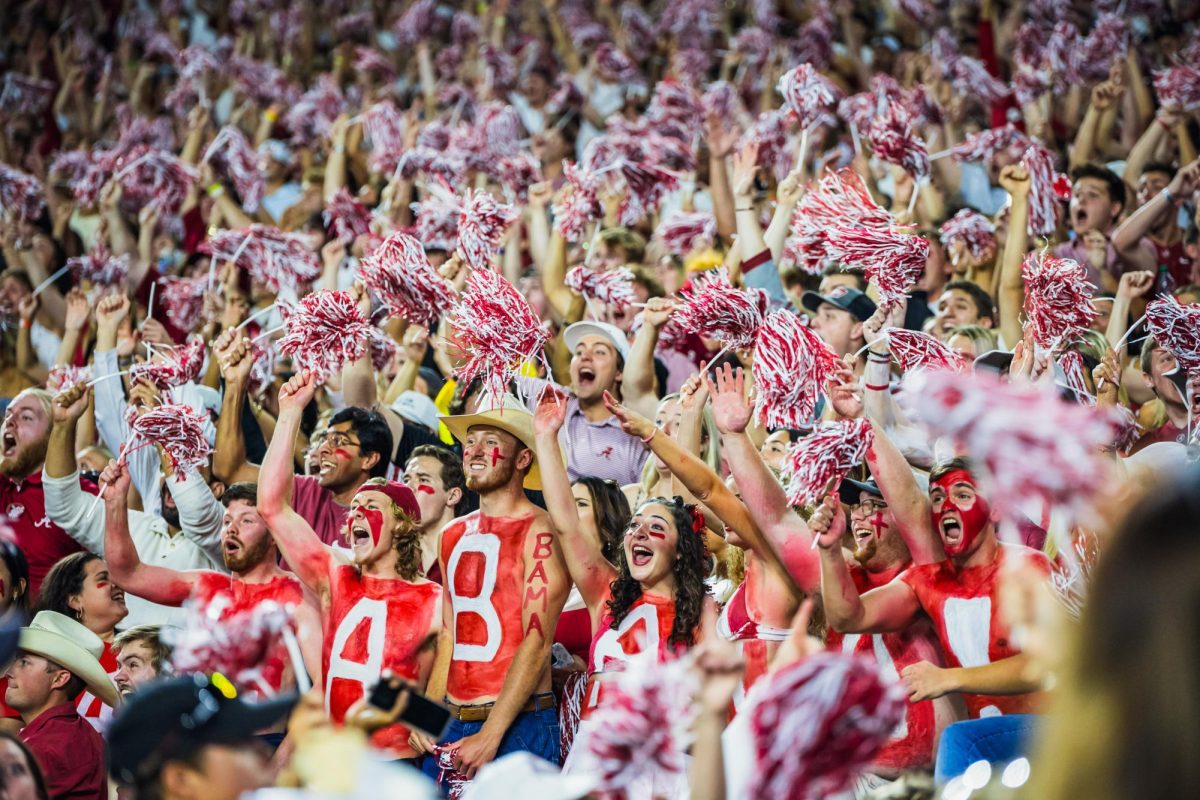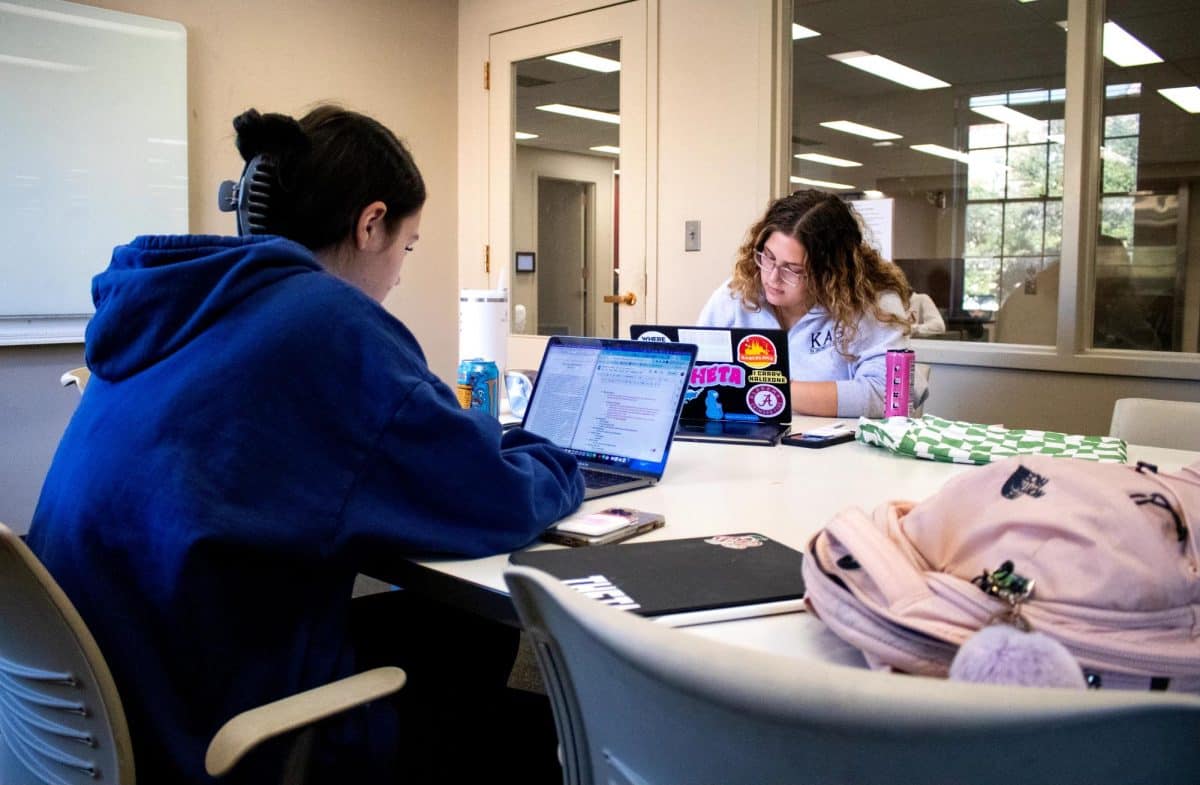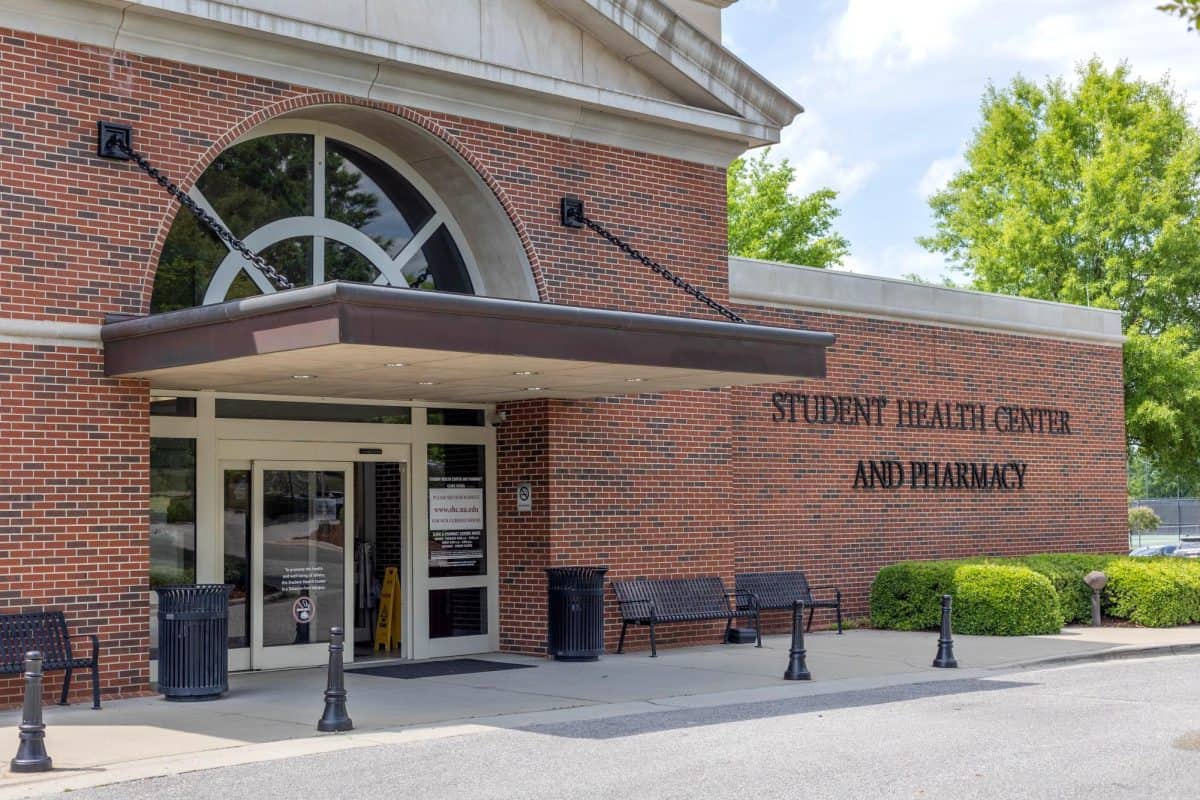Thanksgiving is a holiday painted with smiling faces and countless dinners in numerous portraits. Planes crisscrossed the nation last week to bring families from all corners of the country together for one day of gratitude. Thousands of tables were served with rich dishes across America, and there was an inconvenient truth unrecognized at each one.
Thanksgiving is a holiday filled with incompatibilities that require a high degree of cultural amnesia to properly digest. Thanksgiving is a cruel holiday because it allows gluttony to usurp gratitude in a matter of hours. Thanksgiving is one of the cruelest holidays because it whitewashes and brushes aside the genocide of hundreds of thousands of indigenous people with turkeys and children dressing up as Native Americans whose lives and land were taken with false promises and greed.
Centuries ago there were many peoples and nations across what is now the United States. America was never discovered and to claim so is an unfortunate imperialist tendency that denies the humanity of those who were here before us. To this day, some Native Americans see Thanksgiving as a day of mourning and as a reminder of the continual suffering of Native Americans.
The ideals that Thanksgiving holds for a large portion of Americans are noble, and they do not have to be tied to it. Gratitude, unity and respect are values that can exist independently of a nationalist holiday elevated in the midst of the Civil War. If our country were invaded today, would we want the gradual obliteration of our culture and people to be commemorated by a nationalist dinner tomorrow?
Meanings change over time. What might have meant one thing a decade ago might have a different definition today, but Thanksgiving carries a burden unable to be rebranded. Thanksgiving is part of a larger erasure of an unrecognized genocide. I am not advocating for the removal of Thanksgiving from our calendars, but I am suggesting that we re-examine its historical roots before we seek shade under its branches. As Americans, we value justice and condemn violence. But where do we find ourselves when our nation is the perpetrator of acts we condemn in others?
Thanksgiving does not have to be a holiday of shame. It presents an opportunity for atonement and reconciliation with its troubled past. Countries like Germany have been able to gradually come to terms with their own bloody pasts, and a former Israeli ambassador to Germany asked, “Where in the world has one ever seen a nation that erects memorials to immortalize its own shame? Only the Germans had the bravery and the humility.”
It’s not too late. Let us remember the indigenous brothers and sisters who are no longer with us. Who knows? Perhaps our own descendants will give us thanks decades after we took the necessary steps to address our difficult past. Gradual change comes with internal reflection, and a troubled history is a difficult reality to face, but we cannot run from it. Howard Zinn once said that no flag is large enough to cover the shame of killing innocent people, and no holiday is large enough, either. We can do better than this, and it’s time for us to examine the inconvenient truth Thanksgiving serves us.
Victor Cuicahua is a freshman majoring in journalism. His column runs biweekly on Mondays.








